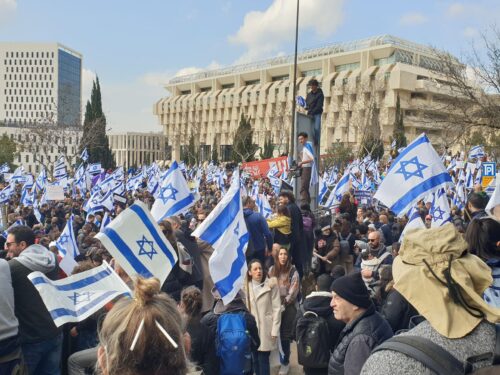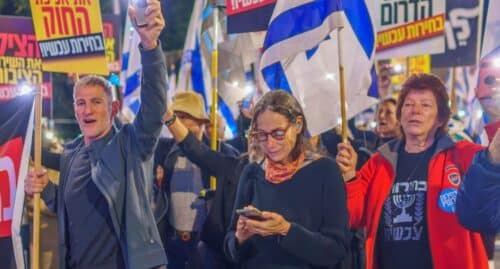Lieutenant Colonel (res.) Zuheir Fallah. Lives in Rumat al-Haib, a Bedouin village in the Beit Natofa Valley in the Galilee region of Israel. He enlisted in 1992 into the IDF’s Golani 12th Battalion, where he completed his infantry training. After completing officers’ training, he served as platoon commander, deputy company commander, company commander, deputy battalion commander, commander of the Tactical Tracker Training School, and in his last position served as commander of a Judea and Samaria tactical tracker unit. Fallah holds a BA in Land of Israel and Middle Eastern Studies and an MA in National Security.
During his 26-year military career, Fallah experienced many of the events that defined the shape of Israeli society, among others when he served as the Southern Brigade’s Chief Operations Officer during the Disengagement and the Abduction of soldier Gilad Shalit. He also mourned over many among his own soldiers – as a deputy company commander, when he was attacked by an explosive device that wounded him and claimed the lives of two of his soldiers; and again, when terrorists infiltrated the “Africa” stronghold in the Gaza Strip, killing one of his company commanders and three of his soldiers.
Despite all he’s been through, the true difficulty and deepest pain Fallah experiences, came after he ended his military service – when trying to find his place in Israeli society. In a poignant interview with Fallah, he talks about his meaningful military service, outlines the future that young Bedouins in Israel can expect if the current state of affairs does not change, and raises a grave question regarding the consensus in Israeli society: Is a military service indeed the gateway into Israeli society?
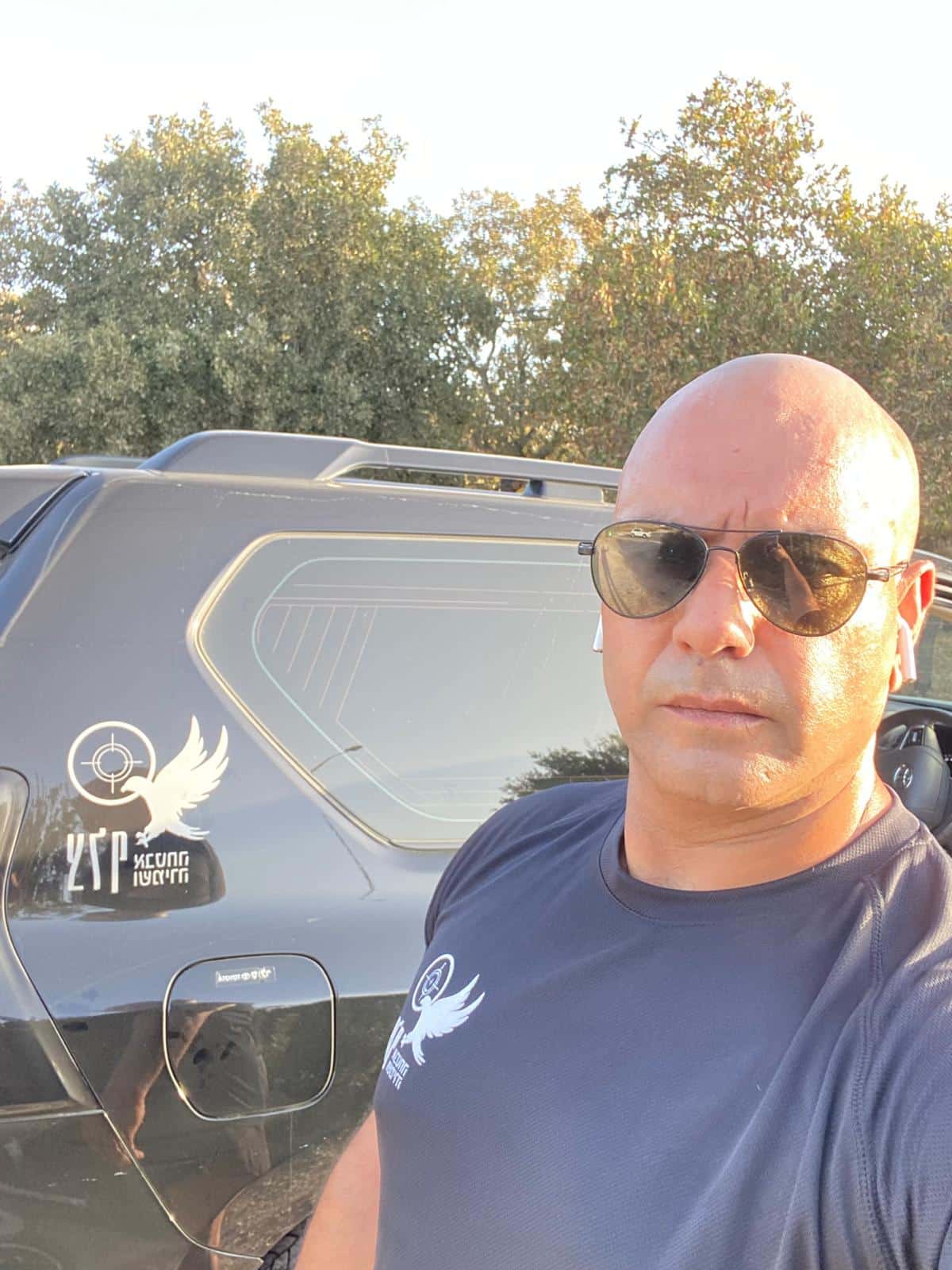
”Real-Time Life Saving Information” – The Military Tracker’s Role in the 21st Century
Your military career, from Golani to The Desert Reconnaissance Battalion (DRB) and from there to the IDF’s Tracker Unit – this is an unusual trajectory.
“True, it really isn’t common. Usually trackers grow up within the Unit, just like my father did: he joined the trackers unit and served there until his discharge. I joined after many years in Golani and the DRB.”
Is the role of the tracker still relevant in the 21st century with all of its technological developments?
“Technology isn’t airtight. Look what they did in Egypt, for example. They built a fence, set down barbed wire, what they call “blurring roads” to delineate the border, , they brought in robots, what not. And yet, there are some smugglers who still cross the fence. You have to understand: if a smuggler can cross the fence – than so can a terrorist.”
So trackers are another tier of defense?
“More than that. What happens, for example, when a pursuit of a smuggler or a terrorist enters enemy territory? There, not only do you not have any technology, but the enemy knows the terrain much better than you. Look, many times, a fighter’s instinct is to pursue the enemy, but the terrain might have a trap, maybe a planned ambush. Here, the tracker comes into the picture. He can produce real-time, life-saving information, catch the terrorist and lead the fighting force back to home territory safe and sound.”
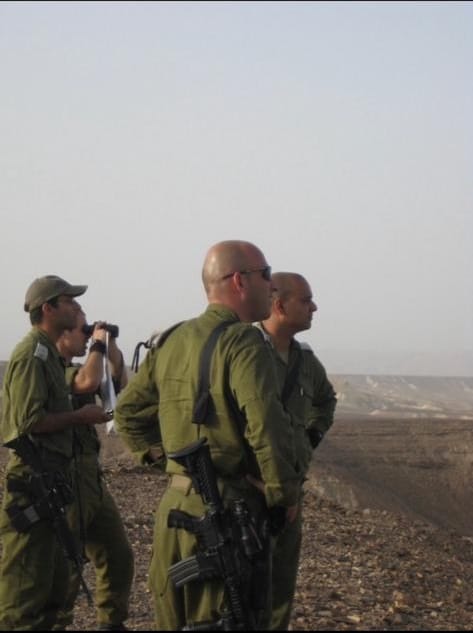
Between a rock and a hard place: being a Bedouin released from the IDF
Being an Arab-Muslim in the IDF is certainly not easy – neither in terms of service nor in terms of how you are treated at home. How do you deal with such tensions?
‘At home there are no tensions. On the contrary. Everyone is with the security forces, where I live. Even our girls did national service. And in the army? When I wore my uniform, I felt equal among equals. The army evaluated me according to my skills – nothing else. The truth is that as a soldier, you don’t really feel the tensions – not at the base and not when you get back home.
So when do you?
When you become a civilian.
Explain
“After I was released at the rank of Lieutenant Colonel, having served as a senior officer, performed a wide gamut of roles, and seen a thing or two during my service. I did my share of fighting, lost friends and soldiers, lain in ambushes, protected the boarders of the county – and then I come into Jewish society to try to make a living with dignity, and – what can I say – I can’t get called to a single job interview. ‘But wait a moment’, I say, ‘I’m supposed to be different from an Israeli-Arab, who has not done what I’ve done; I did something, and contributed to the State.’ If I show up at an interview, I expect them first and foremost to see before them an individual that cares about and loves the country, not the opposite. This is a very big challenge that Israeli society must address, because it’s a problem will just get bigger in the next generation.”
What do you mean?
“Let’s think together: a young Bedouin enlisting into the army – his younger brother, whom is he influenced by? His big brother, naturally. Now, if his big brother ends his service after three years, and Jewish society doesn’t accept him into it, who does? I’ll tell you; he’ll find a job as a truck driver for some Arab moving company or as a laborer for an Arab contractor. What happens when that little brother gets to the age of enlistment? His big brother will tell him ‘Forget it. Go to school. What do you need the army for?’ If I get out of the army and there is no substantial role I can play in Israeli society – what good is it?”
You speak in great pain
“Certainly. Understand, in Arab society – I’m chided for serving in the army and called a traitor. But as far as Jewish society is concerned – I’m an Arab and am not accepted into it. I say, ‘great lord, for Arabs I’m a traitor, and for the Jews I’m too Arab. So where do I go?’ We were born here; served here all of us, the whole family. I’ve done battalion-commander training. Now I’m going to serve as a battalion commander in my reserves’ service, not because I’m after the money, but because I want to contribute and still have the strength, so I’m doing it.”
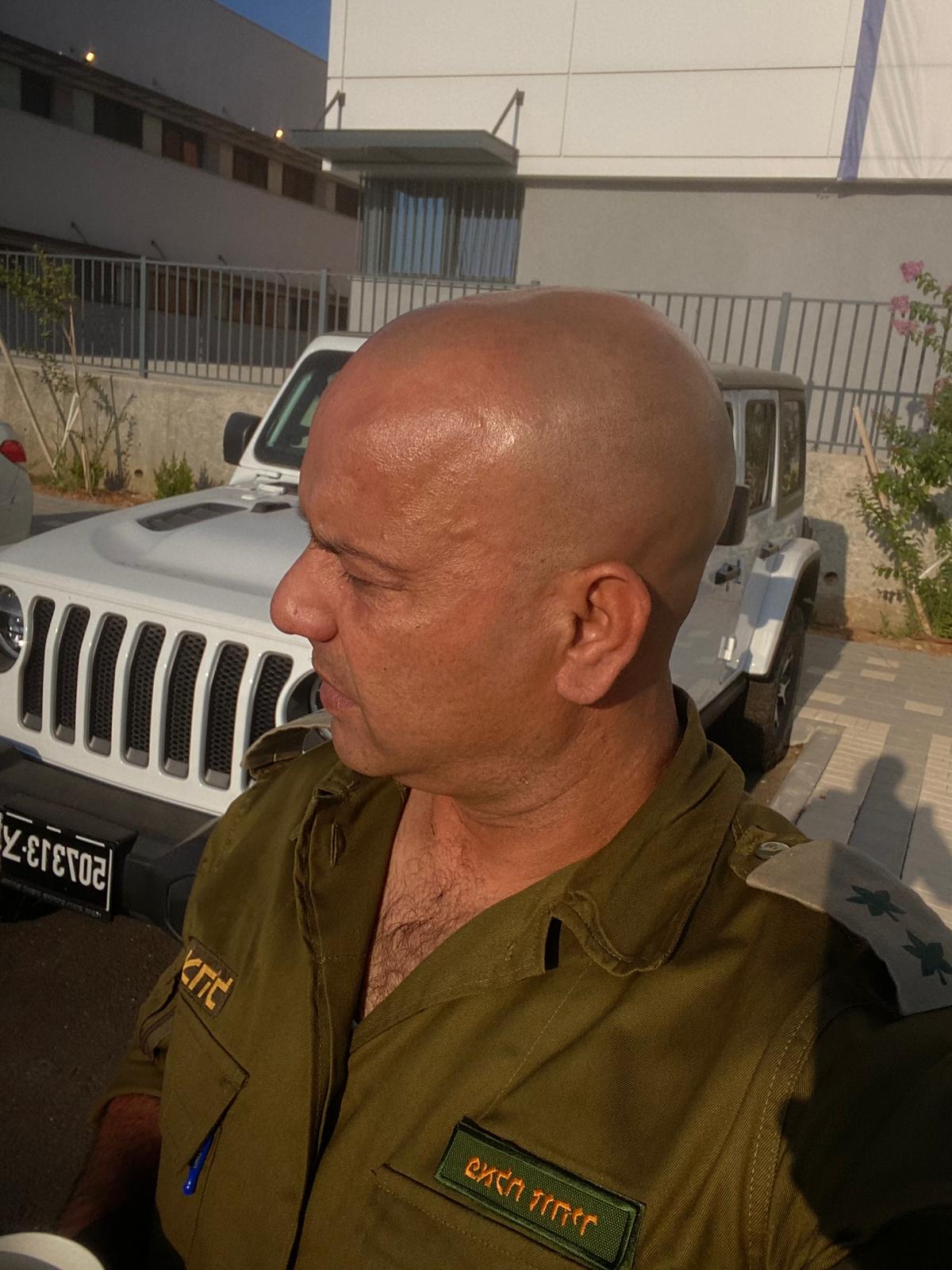
”There is no reason that the Bedouin can’t be brothers with Jewish society”
What in your opinion is the solution to the situation you portray?
“There’s a lot the IDF can do about it. It can offer Bedouin soldiers in the last year of their service, vocational training or a diploma that is suitable for soldiers so that discharged soldiers have something in their hand when they start their civilian life. The senior veterans from the Bedouin community that complete their service should have secured quotas in government offices that will promote programs for the benefit of the Bedouin community. Furthermore, today there is a division in the Ministry of Defense dedicated to discharged soldiers from the Bedouin community. The problem is that that’s all it is, partial guidance, and that’s it. I expect closer support until a job is attained.”
That’s on the level of the military and government. Is there something that Israeli society can do?
“It’s not a matter of ‘doing’. You have to get to know. The moment that Israeli society really gets to know the Bedouin community, a lot will change here. Today, if I tell the average member of Israeli society that I’m a Bedouin, immediately they think that I live in a tent on the Sinai border and smuggle drugs, or that I lead a life of crime. That’s what you hear about in the news and that’s what you see on television – but there are many Bedouins who contribute, serve, that are integrated in all arms of the security system. And here IDSF HaBithonistim can come into the picture.”
How?
“Look, a member of the organization gives lectures to school students in the 12th grade in Be’er Sheba? Let him dedicate 10 minutes of the lecture to the Bedouins that served in the army with him. The members of IDSF HaBithonistim, senior ranking officers who’ve served decades in the army, are well familiar with the Bedouins who serve side by side with them over the years.”
Is that the reason you joined IDSF HaBithonistim?
“On a personal level, I served under Amir Avivi, Chairman and Founder of the movement. Alongside my appreciation of him as an individual, the IDSF HaBithonistim movement he founded talks about our country and what can be improved, what can be fixed about it. They mark a target and charge ahead to achieve it. That really speaks to me.”



